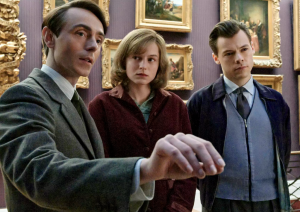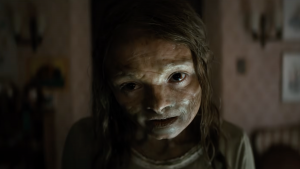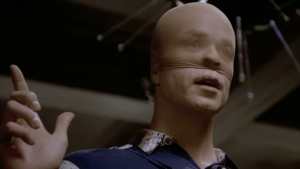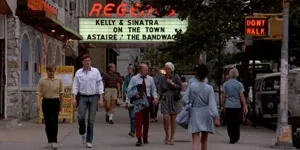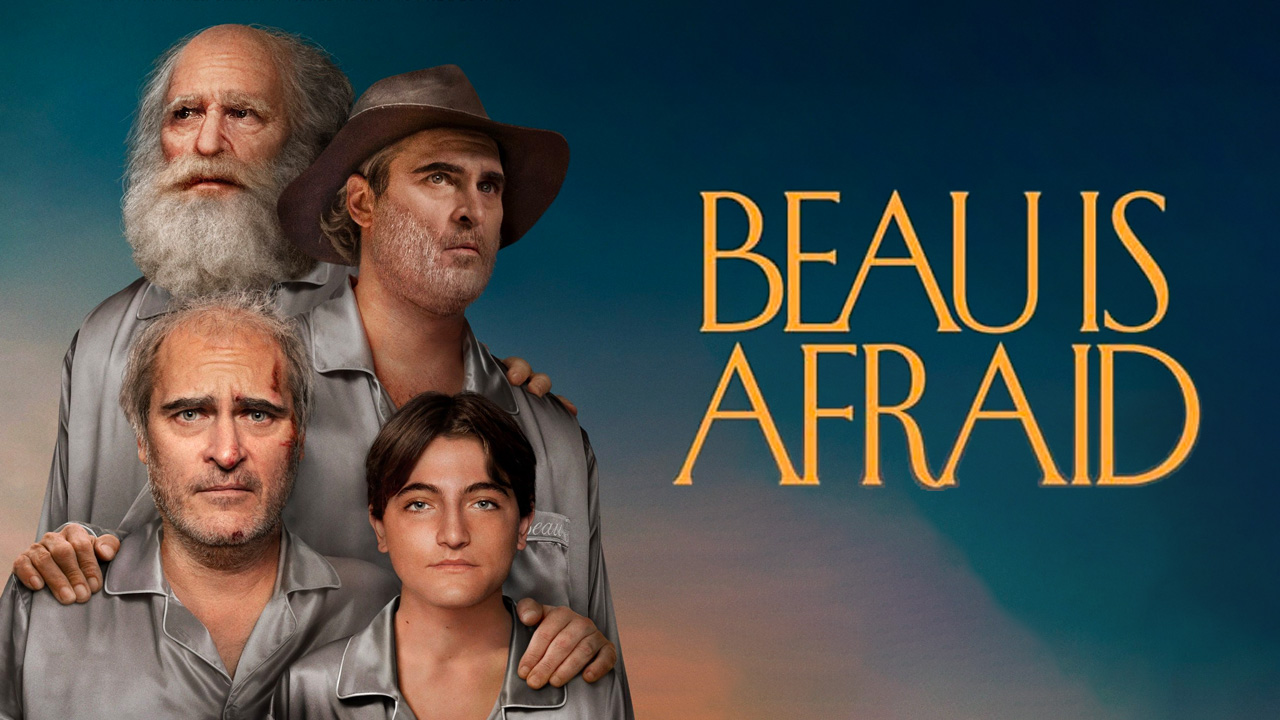
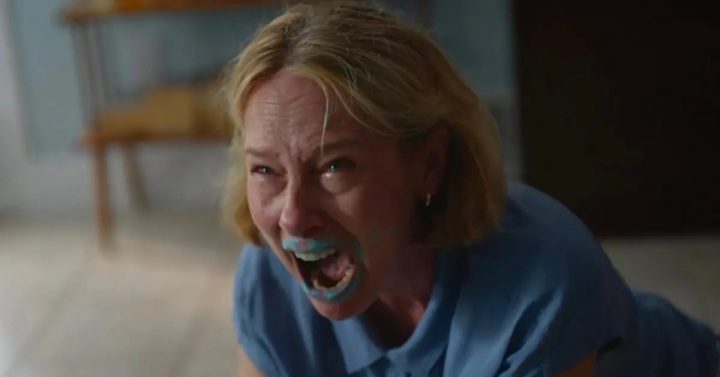
Ari Aster made a name for himself quickly with his debut horror feature, Hereditary. Coming hot on the heels of Robert Eggers’ The Witch, it joined the roster of A24-distributed horror films that were establishing the reputation of the company. Its intense, relationship-focused horror and excellent filmmaking made it clear that Aster was a filmmaker to follow. His next title, Midsommar, continued to showcase his talents, even if critical response to that one was more uneven.
Now comes Beau is Afraid, Aster’s most unique film yet. Defying any easy genre definitions, Beau is Afraid is, at its base level, about a man living in an urban hell determined to make it back home to visit his mother. As for what its actually about, it is open to many interpretations, but there is little doubt that it explores the nature of anxiety in all of its various forms, as well as the nature of storytelling, mother-son dynamics, and what it means to be alive in this world.
Its hard to talk in detail about these issues without plunging into spoilers, but in some sense Beau is Afraid is hard to spoil. It’s a film where the narrative continually gets more and more crazed. Aster’s direction achieves a unique balance. While the film could be described as surrealistic, Aster plays on the idea of what is reality and what isn’t to such an extent that it’s hard to say with certainty what moments are “real” and which are the insane un-reality of the film. What is certain is that Aster buries you in the perspective of the lead character. Beau’s anxieties and worries become manifest such that the world becomes a place of chaos.
While many moments in it could be described as horrifying, it’s hard to call it a horror film in any real sense. The main horror at play is an existential one, though that’s not to say Aster isn’t pulling from his horror technique bag. In fact, parts of the film seem to lampoon his prior two efforts, including a sequence in an attic that looks highly similar to an attic in Hereditary. He takes these moments of tension that would play in a traditional horror and morphs them with humor and overall worry.
The film is certainly his funniest yet. While there were moments of dark humor in both his prior efforts, Beau is Afraid is openly comedic throughout. Aster plays certain situations in a such a specific way that you can’t help but laugh at the absurdity, before the film turns right around and drives a stake of fear into your heart.
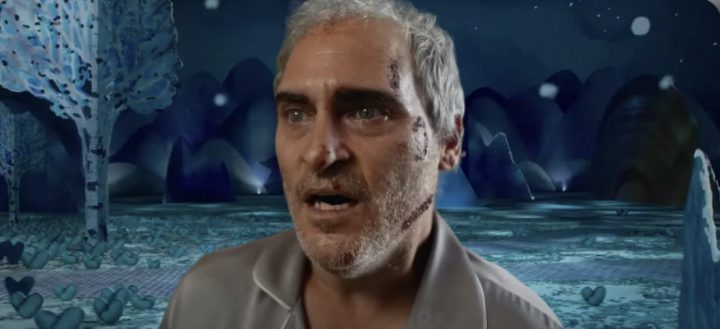
If this review feels messy, it’s because the film is as well. For all of the directing technique on display, Aster loses the reigns of his script from time to time. The film is almost a fugue state, such that it can be hard to decide where to invest emotionally. You certainly feel for Beau, played excellently by Joaquin Phoenix. Phoenix does a wonderful job of making Beau dopey without going overboard, and making you empathize with his worldview while also making him contemptible in some sense. Nathan Lane, Amy Ryan, and Stephen McKinley all do an excellent job of playing multifaceted characters. But the script wants to have its cake and eat it too, meaning that you don’t what to take seriously and what not to. Aster is clearly airing out some mother-son drama from his life, and the way the film plays your sympathies for both sides is well done, if indeed we are supposed to be doing such a pivot.
Beau is Afraid takes you on a journey. Comparisons to The Odyssey are not unwarranted. It’s hard to call it a truly excellent piece of cinema because of how uneven it can be, and it’s a film that is probably impossible to fully take in on a single viewing. But it is no doubt one of the most unique pieces of cinema this year and a welcome sign that Ari Aster will remain a unique visionary in filmmaking. Whether you love or hate it, it’s a kind of storytelling only cinema can achieve.
